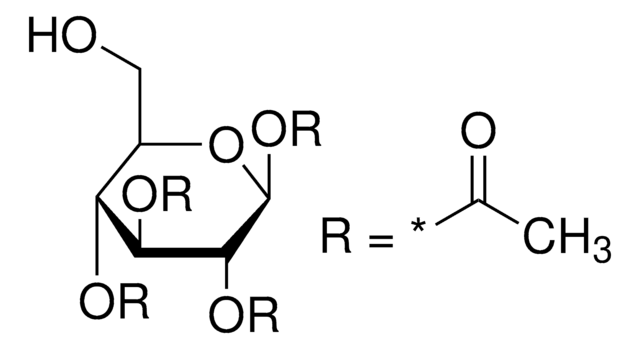316555
1,6-Anhydro-β-D-glucose
99%
Synonym(s):
Levoglucosan
Sign Into View Organizational & Contract Pricing
All Photos(1)
About This Item
Empirical Formula (Hill Notation):
C6H10O5
CAS Number:
Molecular Weight:
162.14
Beilstein:
80998
EC Number:
MDL number:
UNSPSC Code:
12352201
PubChem Substance ID:
NACRES:
NA.22
Recommended Products
Quality Level
Assay
99%
form
powder or crystals
optical activity
[α]18/D −66°, c = 1 in H2O
color
beige
mp
182-184 °C (lit.)
solubility
water: 50 mg/mL, clear, colorless
SMILES string
O[C@H]1[C@H](O)[C@H]2CO[C@H](O2)[C@@H]1O
InChI
1S/C6H10O5/c7-3-2-1-10-6(11-2)5(9)4(3)8/h2-9H,1H2/t2-,3-,4+,5-,6-/m1/s1
InChI key
TWNIBLMWSKIRAT-VFUOTHLCSA-N
Looking for similar products? Visit Product Comparison Guide
Application
1,6-Anhydro-β-D-glucose (Levoglucosan) can be used as a precursor for the synthesis of:
- 1,6-anhydro-2,4-dideoxy-β-D-glycerohexopyranos-3-ulose.
- Quasi-linear polyglucose (PGlc) via cationic ring-opening polymerization.
- Polynitrogenated analogs of glucopyranoses.
- 3-deoxy-3-fluorogalactopyranose and acetylated 4-deoxy-4-fluorogalactopyranose.
Other Notes
To gain a comprehensive understanding of our extensive range of Monosaccharides for your research, we encourage you to visit our Carbohydrates Category page.
Storage Class Code
11 - Combustible Solids
WGK
WGK 3
Personal Protective Equipment
dust mask type N95 (US), Eyeshields, Gloves
Choose from one of the most recent versions:
Already Own This Product?
Find documentation for the products that you have recently purchased in the Document Library.
Customers Also Viewed
Bret A Schichtel et al.
Environmental science & technology, 51(17), 9846-9855 (2017-08-02)
Carbonaceous compounds are a significant component of fine particulate matter and haze in national parks and wilderness areas where visibility is protected, i.e., class I areas (CIAs). The Regional Haze Rule set the goal of returning visibility in CIAs on
Synthesis of polynitrogenated analogues of glucopyranoses from levoglucosan
Bailliez V, et al.
Tetrahedron, 60(5), 1079-1085 (2004)
The controlled synthesis of polyglucose in one-dimensional coordination nanochannels
Kobayashi Y, et al.
Chemical Communications (Cambridge, England), 52(29), 5156-5159 (2016)
Dimitra Balla et al.
Environmental science and pollution research international, 25(13), 12191-12205 (2017-09-10)
Two classes of polar organic compounds, dicarboxylic acids (DCAs) and sugars/sugar anhydrides (S/SAs), were measured in airborne particulate matter in the area of Thessaloniki, northern Greece. The target compounds were measured simultaneously in two particle fractions PM10 and PM2.5 during
F Mashayekhy Rad et al.
Chemosphere, 211, 617-623 (2018-08-11)
In the present study, a methodology involving hydrophilic interaction liquid chromatography (HILIC) and electrospray (ESI) tandem mass spectrometry (MS/MS) was developed for measurement of anhydrous monosaccharides as markers for wood burning in atmospheric aerosols, PM10. No extensive sample preparation, other
Our team of scientists has experience in all areas of research including Life Science, Material Science, Chemical Synthesis, Chromatography, Analytical and many others.
Contact Technical Service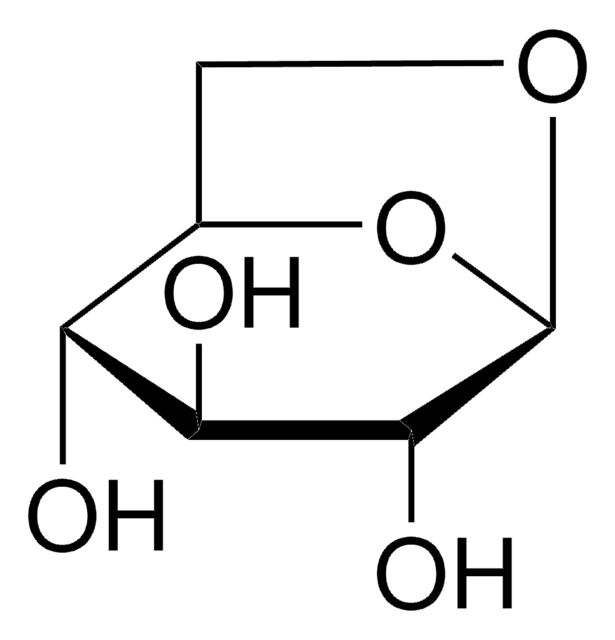
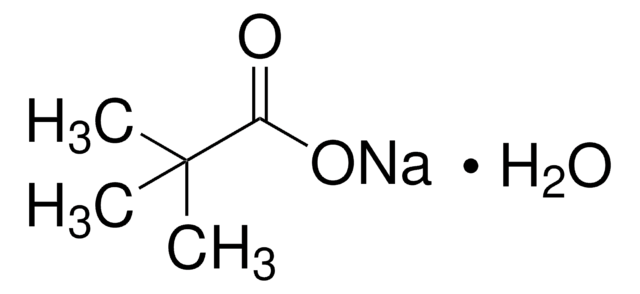
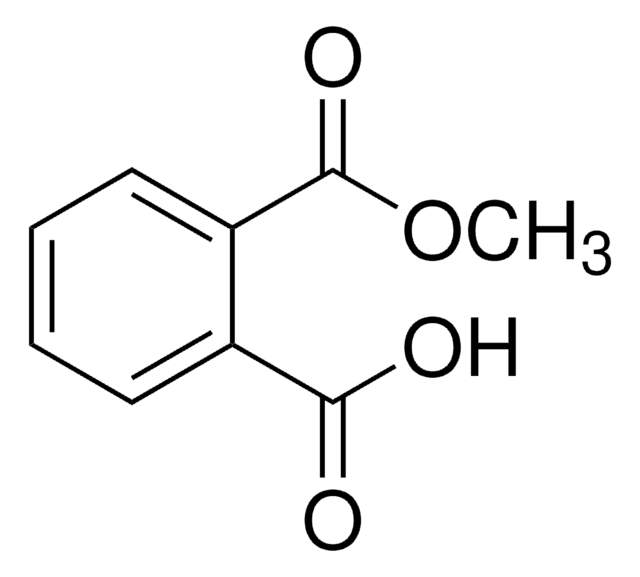
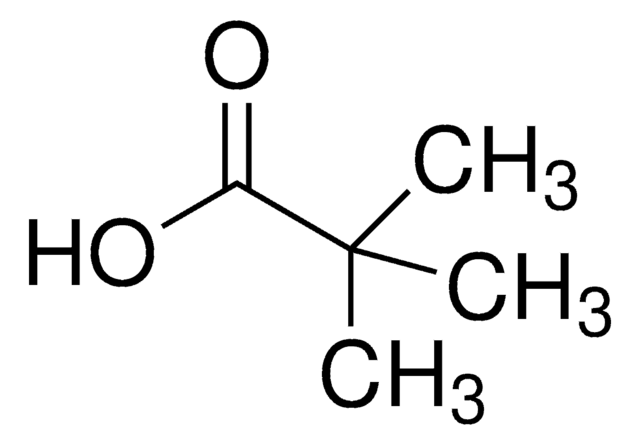
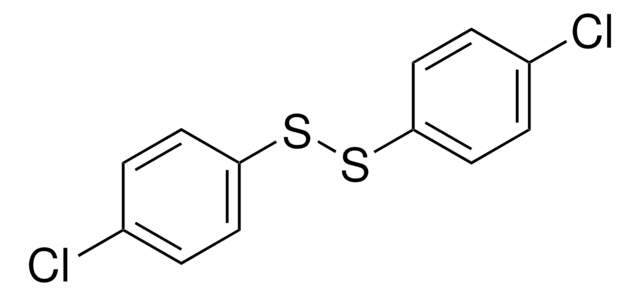

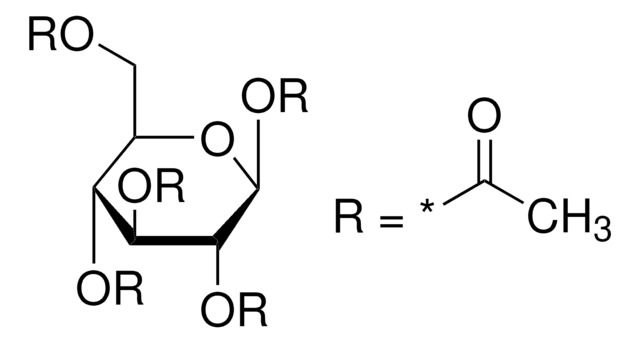
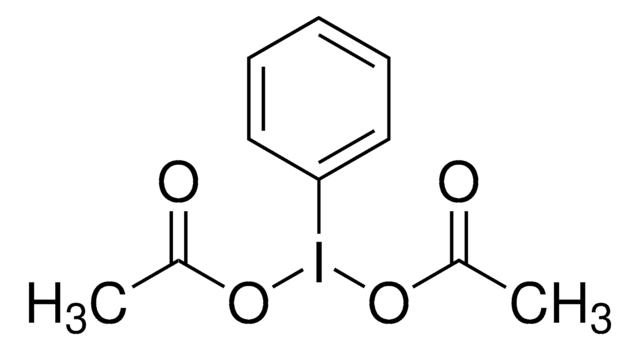

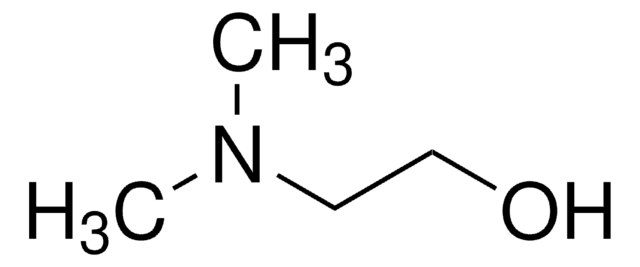
![1,10-Phenanthroline chloride monohydrate GR for analysis and redox indicator [reagent for iron(II)] Reag. Ph Eur](/deepweb/assets/sigmaaldrich/product/images/350/751/c4f466f3-0750-4cb4-af8f-5942eba5d12f/640/c4f466f3-0750-4cb4-af8f-5942eba5d12f.jpg)
